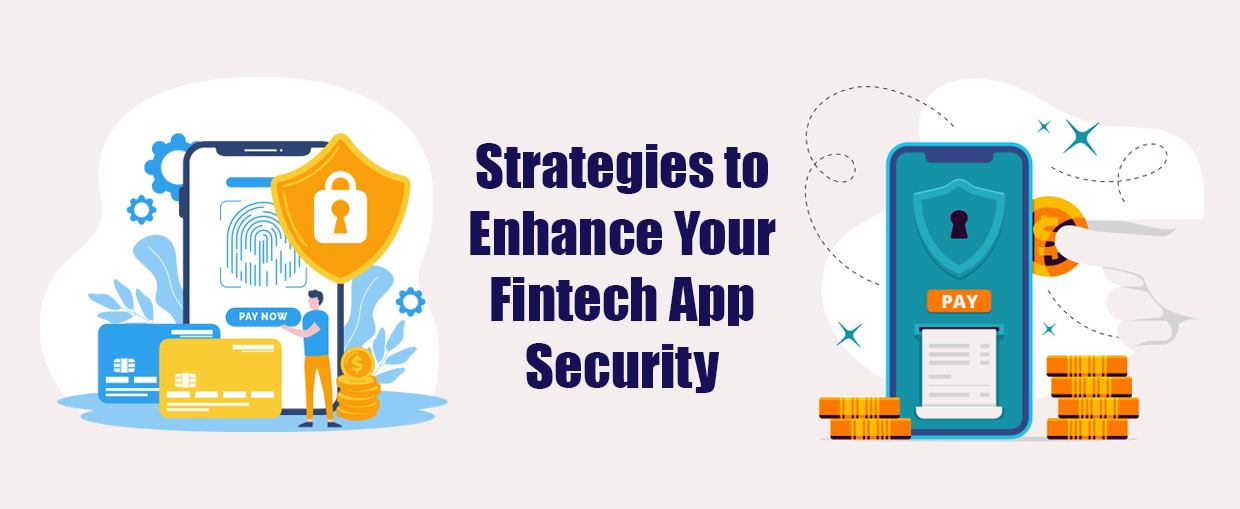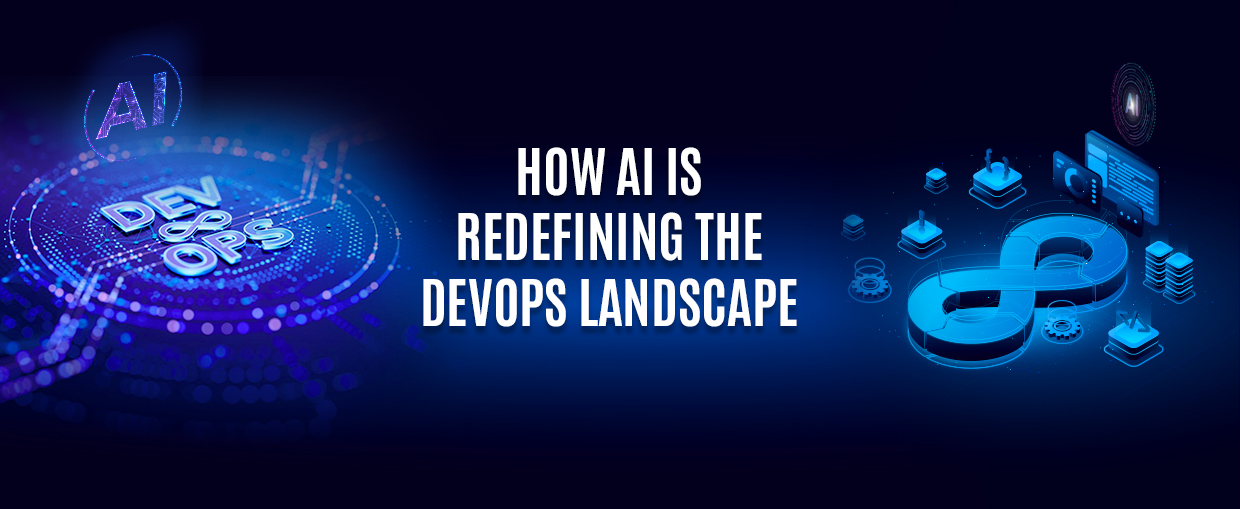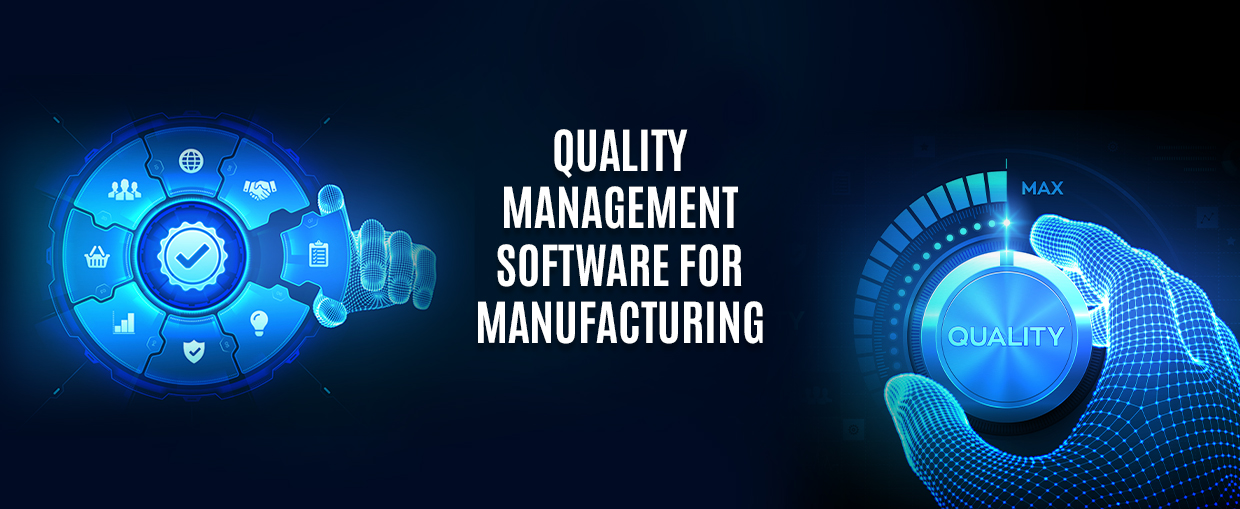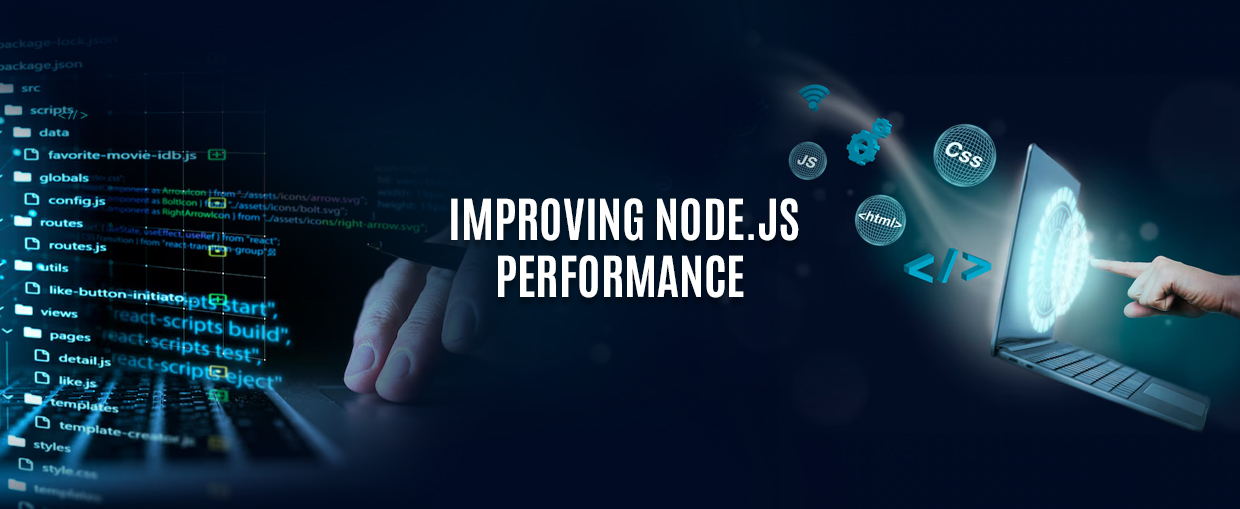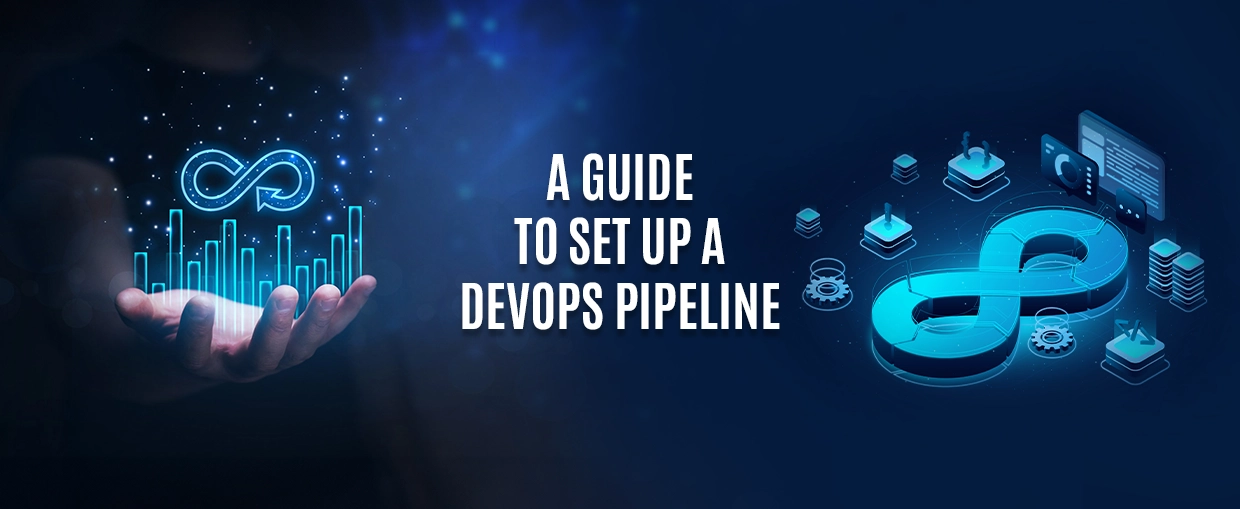Fintech app security is vital when it comes to determining a mobile banking app’s performance and engagement rate. Its UI design and speedy loading times turn out to be the key indicators of its effectiveness.
Successful Fintech platforms demonstrate the importance of laying the groundwork for an extremely sophisticated banking application. There are several factors that influence the development of cyber-proof financial applications with the help of capable app development services. It can range from attracting new users to retaining existing app users’ engagement.
When you hire developers, strong security is the foundation of such portals, but the standards for protecting users’ data varies significantly between B2C Fintech platforms and B2B Fintech software. You may work with a software development company to establish or upgrade your mobile banking application along with QA consulting services. What if your Fintech platform is more than just a payment transfer system, with a more complicated user flow that necessitates a stronger security architecture?
So, let’s learn about the essential standards of Fintech app security and its development that major organizations strictly adhere to for safeguarding their consumers.
Fintech App Security: Need for Impenetrable Security Architecture
Without a good cyber-security system made with the help of a seasoned software development company, your app’s performance and brand credibility will suffer significantly. In short, your app will fail in your target market without financial app security.
So, why is a well-structured security architecture necessary for these applications? Mobile banking’s global accessibility renders it vulnerable to cyber-attacks.
When you look at it from a different angle, you’ll notice that it’s just another piece of software that uses an API to connect to the backend of your individual banks. Even if a development team implements it appropriately, the open-source nature of APIs may serve as a welcome mat for hackers and pose a threat to a digital gateway in a variety of ways.
Leading Fintech app development services can help you implement innovative approaches for security-driven architecture. Let’s look at some of the most effective principles for Fintech app development that enable specialists to create secure software and applications.
Fintech App Security: 8 Highly-Secure Guidelines for Developing Fintech Apps & Software
1. Code and Architecture Setup
When you hire developers with Fintech app development specialization, begin with a comprehensive code and architectural setup. This will instill robust cyber security in all aspects of the app/software. Also, these mobile apps are developed utilizing agile methodology to establish consistent performance and quality assurance throughout the development and deployment process.
Developers closely monitor all aspects of development and feature integration. In addition, the team develops sophisticated algorithms while constantly analyzing the code for any defects using competent QA consulting services. Encryption is a significant component of financial app initiatives.
2. Software Code Obfuscation
Cloning an app is one of the most prevalent methods used by hackers to obtain user data and personal information. Hackers attempt to breach the code and recreate the platform in order to perpetrate digital fraud without the consumers knowing.
To protect finance apps from such third-party attacks, app development businesses use code obfuscation. It is a type of encryption that involves the removal of tags and information, resulting in platform vulnerability. Furthermore, developers provide particular code to divert attackers from a binary program that has no important material.
3. AI and Machine Learning Integration
Fintech platforms such as mobile banking, taxation, and insurance applications include a wealth of sensitive user data, including device information, geolocation, and transaction details, which can give attackers the opportunity they seek.
Cutting-edge technology such as artificial intelligence and machine learning monitor these apps 24 hours a day, seven days a week, even when manual monitoring is not in place. This manner, a single signal of questionable conduct on the mobile app or program can promptly halt the transaction.
4. Well-Structured User Onboarding
The secure financial app experience begins with robust user registration and safe onboarding, which includes authentication and authorization steps. Cybercriminals may readily detect banking and insurance applications that lack proper authentication procedures and lay the stage for digital fraud.
Fintech application development organizations utilize a three-step approach to circumscribe these platforms, which includes identity, two-factor authentication, and multifold permission for various app purposes.
5. Secure API and Server Selection
The infrastructure is the foundation of a Fintech application since its strength paves the path for a well-protected digital banking platform. As a result, its setup must be timed intelligently. To begin with, skilled developers always prioritize using safe APIs and cloud servers. However, the use of third-party APIs can also serve as a source of attack for hackers.
As a result, Fintech software design and development organizations construct a unique security approach for the back-end app system in addition to a risk management plan. Furthermore, they restrict the rights and automation of third-party systems.
6. Data Tokenization
Do you know that there is a way to secure your sensitive data by replacing it with a collection of symbols known as tokens? This is a unique strategy that allows software development service providers to safeguard the database while also easing PCI compliance for businesses that supply these services.
7. Fintech App Testing
When Fintech software is developed utilizing agile methods, it is tested for quality assurance at each stage of production throughout the development cycle. During the testing phase, experienced app design businesses pay close attention to the functional efficiency and outcomes to ensure that they meet your expectations.
These firms’ QA professionals create a testing methodology at various phases of production to ensure that identity verification, application performance, and other platform security features are all consistent. Other methods used by specialists to ensure the security of your Fintech initiatives include manual testing and real-time testing.
8. Efficient Mobile Encryption
Mobile apps are more vulnerable to hackers, therefore a reputable financial app development company in Canada constantly prioritizes mobile encryption. Strategic encryption of device-specific databases keeps hackers from stealing local data. This type of structure is intended from the start of the design process in order to manage encryption keys efficiently.
Secure Your Fintech Apps and Software
Fintech is the present and future of banking and financial services, which formerly took a significant amount of time and effort. This is the primary reason why you require the support and supervision of a reliable partner who not only integrates the main application but also creates a solid security architecture that will improve operations without jeopardizing the user experience. They will also strengthen your Fintech application’s mobile app security safeguards as well for a leading competitive edge.

